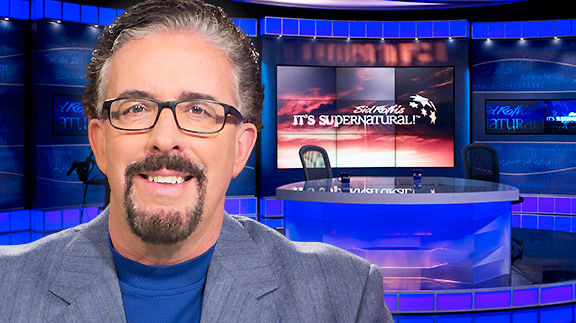Our Guest Perry Stone
First of all you’ll never go wrong in the interpretation if you know the Old Testament. Because did you know the Book of Revelation uses references to the Old Testament hundreds of times! And this is why I tell people, these people that say “Well the Book of Revelation is an allegory.” I say so you’re telling me every Old Testament verse quoted is an allegory?
“Well, no.” Okay, if it’s not an allegory in the Old Testament, you take it literal that the sun’s going to be dark, the moon’s going to turn to blood, you take it literal the earth’s going to shake but then you going to tell me that when you take the same prophetic word spoken by the prophet of the Old Testament and you put it in the New you going to shift it to an allegory because you don’t like what it says!
Okay? Can’t do that, can’t do that. If it’s literal in the Old, it’s literal in the New. Now what I want to do here, I want to show you something that I, that I, that I discovered that I thought was very intriguing. If you take, for example, the prophet Ezekiel, and you read what happened to him at the time when the Babylonians came in and destroyed Jerusalem, Israel and took the Jewish people captive, and then go to the Book of Revelation, let me show you something that’s extremely interesting.
Most people don’t know this, but John, the Apostle John was linked according to early fathers, to the priesthood in Jerusalem. They [people] don’t know that, in fact let me saying something about the Book. John wrote this Book from a, from a perspective of a man that understood the priesthood in Jerusalem. There are all sorts of scriptures in the Book of Revelation that you would have had to known how the Temple was set up and you would have had to have known Judaism a little bit to understand what he’s writing.

